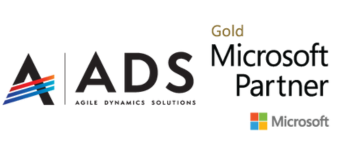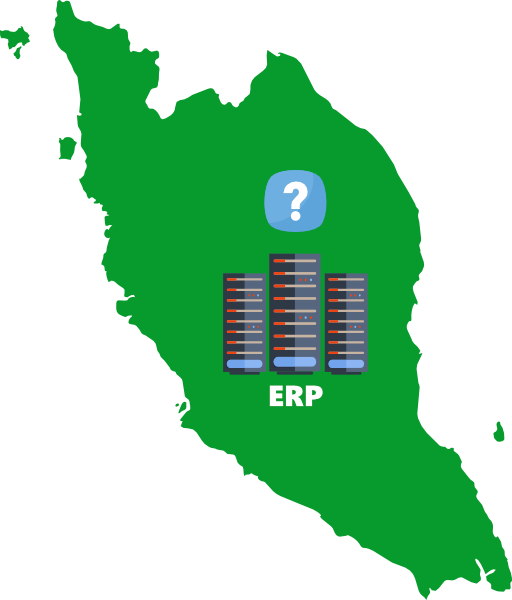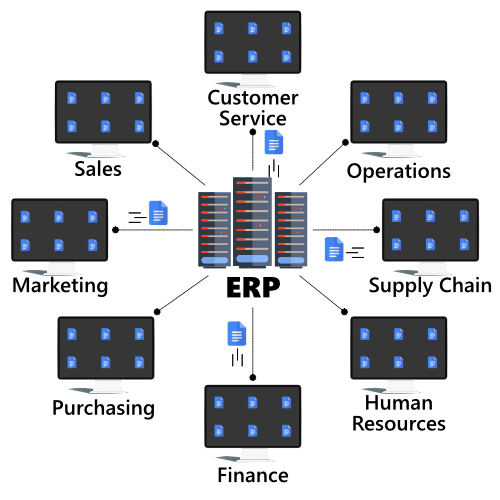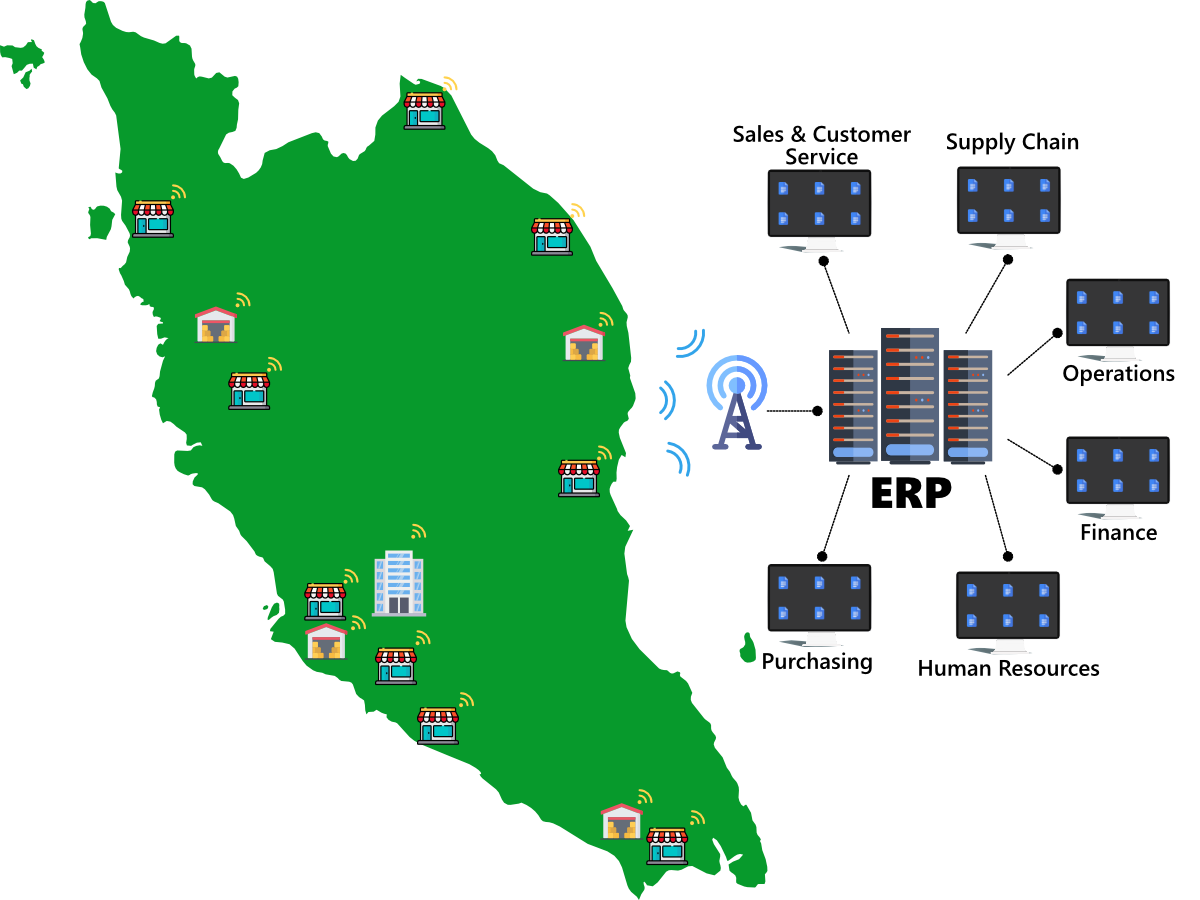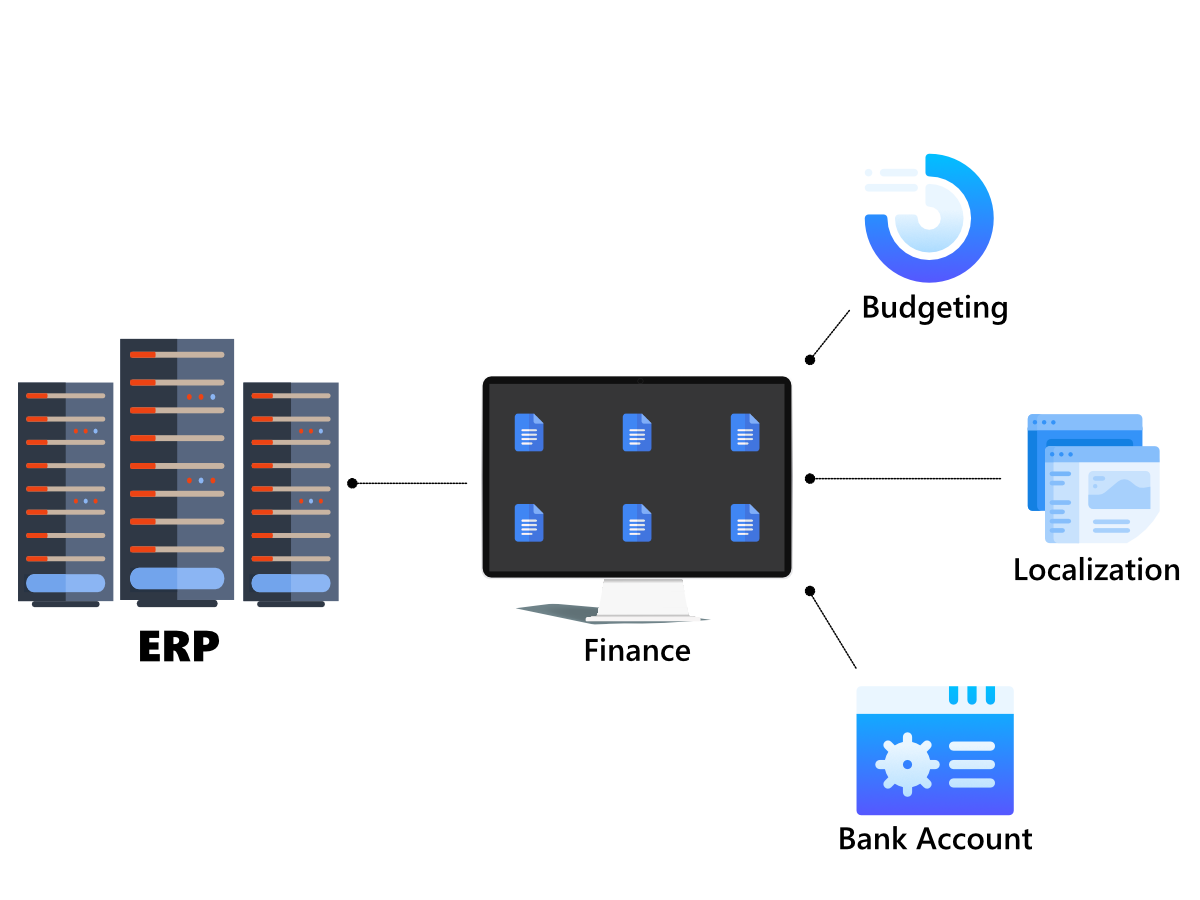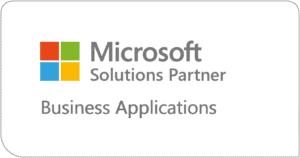This gives you the total visibility of your inventory across all stores and warehouses. Also, as sales are made, systems automatically adjust the inventory level for each store and update the revenue. and with e-commerce capability, customers can order your products online and then pick them up from the closes store.
What about you don’t have currently the stock at the store? ERP system helps you to automate the process of finding and delivering the stock from your warehouse to your retail store. On top of that, the more robust ERP systems can provide a recommendation with an AI assistant to ensure you are always having the right amount of stock at your retail stores as well as at your warehouses.
And all the information from store and e-commerce sales is standardized and entered into the system where accounting and finance can access clean and accurate information from sales, purchasing, and supply chain to create reports.
Also, because management can see all the data in real-time, they can make better decisions, they can quickly spot trends for each individual location and take a proactive decision or minimize any threads.
For example, what is the best performing store and what is the lowest-performing store and take proactive action to improve that or what are the best selling items.
ERP system gives you total control of your business and enables you to efficiently and effectively manage your data in a safe environment.
